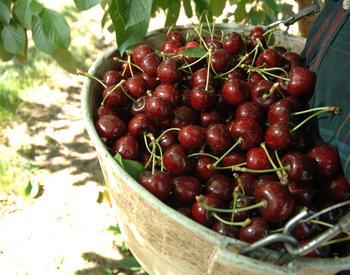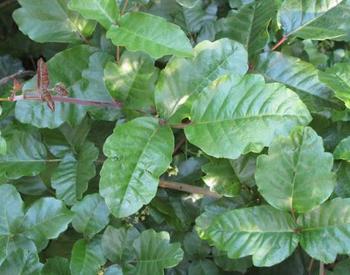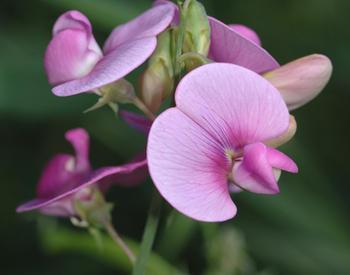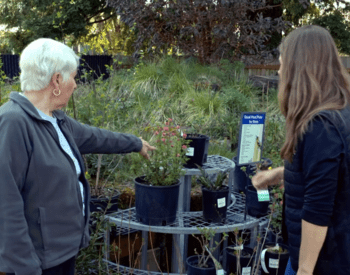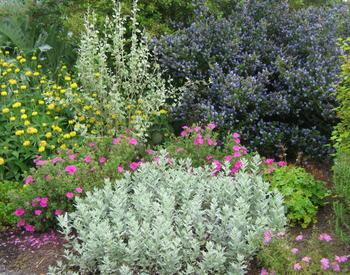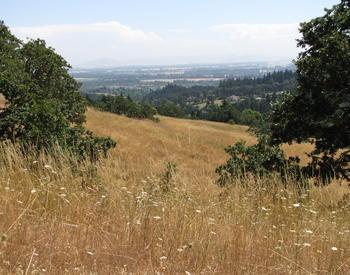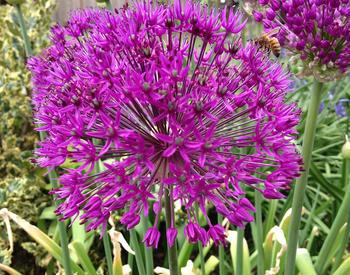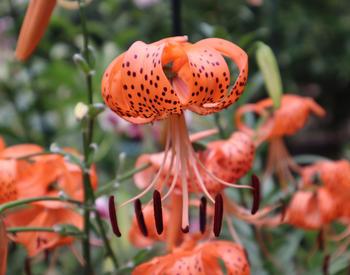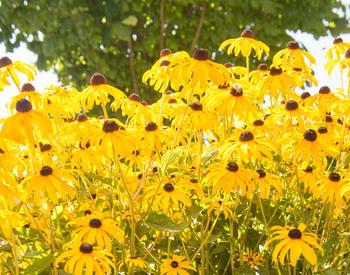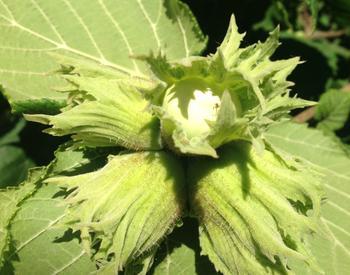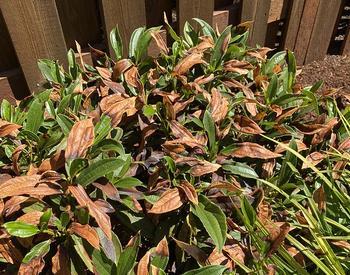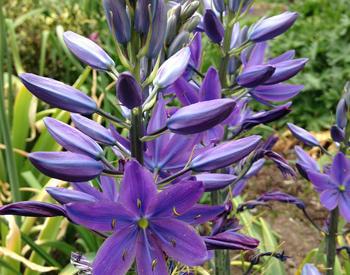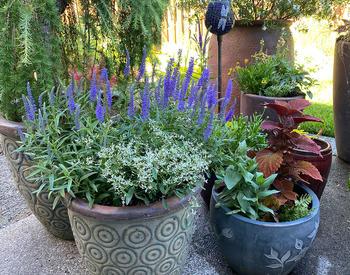While we enjoy roses for much of the year, protecting them for the winter months is a priority. Species roses, shrub roses, and many old garden roses are hardy and live unharmed through the coldest Maine and Minnesota winters. But several modern hybrids, such as teas, floribundas, grandifloras, and large, flowering climbers are highly sensitive to frigid weather.
Weather in the Willamette Valley continues to provide a variety of chilling rain and maybe ice and snow.
Fall is not too early to think of winter care. Roses, like us, need time to rest. Don't forget, it takes a lot of energy to produce those blossoms month after month. Fall is the season for roses to enter dormancy.
These tips can help promote healthy, happy rose plants for next season:
- Let your roses begin the process of going dormant. You can help by not cutting the blooms; just let them go to hips. Remove petals just before they drop with a slight twist, and gather colorful petals by the handful. Cutting the plant now signals them to send out more canes, which would be tender and freeze or be more susceptible to damage by the cold weather.
- Collect fallen leaves and discard leaves with black spot, rust and powdery mildew. These are fungal diseases. The fungi overwinter as spores in infected canes, buds and fallen leaves.
- You can also help your rose plant by removing dead or diseased canes now. About November, prune any hybrid teas or floribundas about waist height, to prevent the plant from wind-load damage during the winter months.
- Check soil pH. You want 6.5–7.0, and roses will thrive when this balance is maintained. If your pH is low, try adding a cup of lime per bush to balance the soil. The rains of winter will help lime soak into the soil, and in spring the roots will be able to take in nutrients better.

